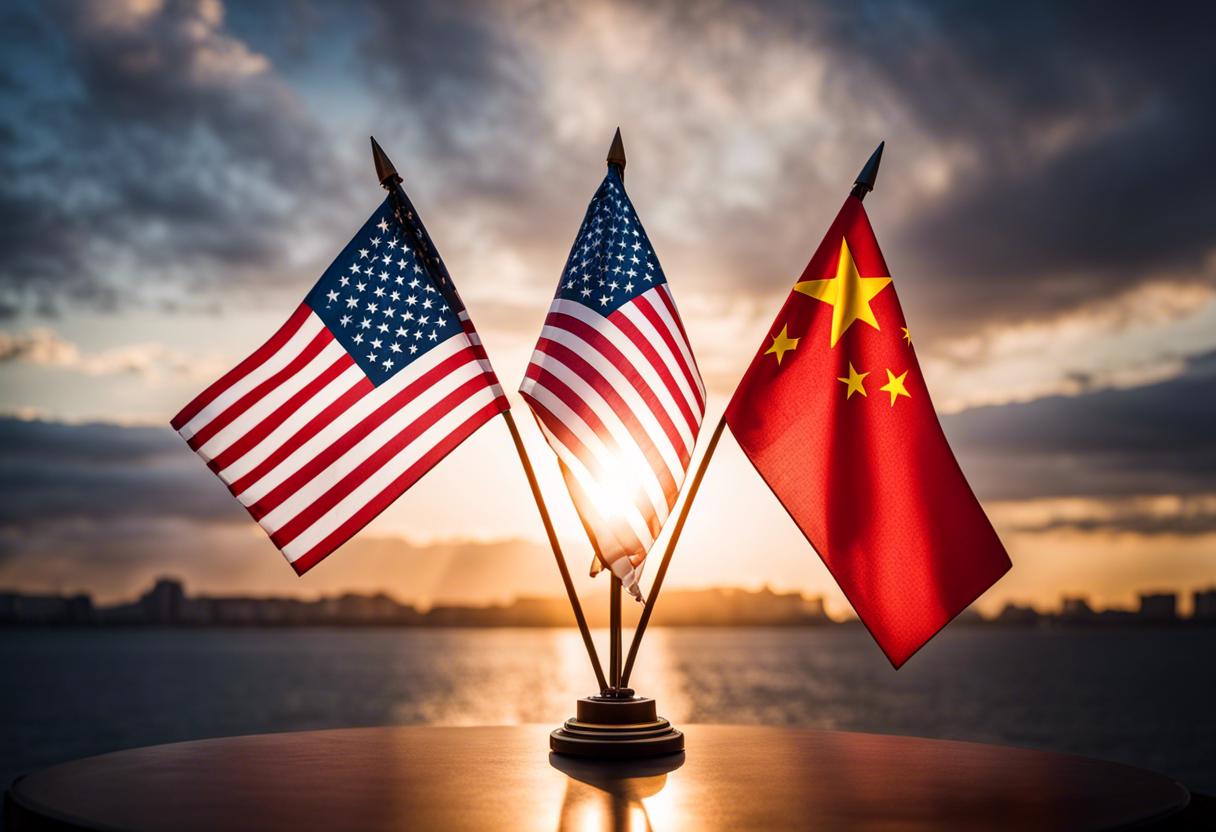Janet Yellen, U.S. Treasury Secretary, during her weeklong tour to China, reiterated that the U.S. will not tolerate a surge in Chinese imports akin to the early 2000s that threatened American industries and employment. She appealed to the Chinese government to modify its financial tactics, encouraging local businesses and consumers to purchase more electric vehicles, batteries, and solar panels which would otherwise be exported.
The Treasury Secretary warned, recalling the incident over a decade ago where extensive support from the Chinese government resulted in dumping of inexpensive Chinese steel globally, causing harm to global and U.S. industries. She affirmed that neither she nor President Biden would let this situation repeat itself, and she believed that other allied nations and partners had similar concerns, ranging from developed nations to emerging markets.
Although Yellen did not specify how the U.S. would react if China does not curtail its exports of renewable energy supplies or hinted at the extension of higher customs duties, she did agree with China’s Vice Premier He Lifeng to initiate “intensive exchanges on balanced growth” for local and worldwide economies.
Yellen underlined that the U.S. is not keen on full economic severance from China, highlighting that such a comprehensive split may have severe consequences for both economies due to their deep integration. Nevertheless, she pointed out that the combination of China’s low domestic consumption, high commercial and governmental investments in emergent industries could pose a risk to the U.S. and world economies.
She flagged that China has excessive savings, and while investments in real estate and government-backed infrastructure previously soaked up a lot of it, there is now a surge in corporate investment in various ‘new’ sectors targeted by Chinese economic policy, encompassing electric automotive, lithium-ion batteries, and solar energy. She stressed that China’s immense capacity could now potentially influence global prices, and warned that if markets get swamped with artificially inexpensive Chinese products, the survival of American and other global companies may be at stake.
During her latest trip to China, Ms Yellen’s second within a year, she navigates the increasing strain between Beijing and Washington attributable to the ongoing South China Sea dispute. Yellen has expressed having had challenging discussions regarding national security, particularly focussing on the growing apprehension of America pertaining to Chinese corporations potentially supplying materials to Russia, that possibly aids its aggression against Ukraine.
She reaffirmed her concern about the involvement of any companies, the People’s Republic of China included, in supplying the Russian military. Yellen underscored that all companies, even those based in China, should refrain from any sort of material aid in Russia’s war and if they don’t adhere, they will face severe repercussions. Furthermore, she highlighted that any financial institutions involved in facilitating substantial transactions that equip Russia’s military or dual-purpose goods could expose themselves to possible sanctions from the US.

